Trauma Healing Retreat
Trauma Healing Retreat
5, 7 or 12 day Experiences
The experience of an intensive is meant to draw you away from your daily world and activities. Allowing you to solely focus on doing the work of trauma healing. Intensives are an opportunity to not have to focus on anyone but you and your needs. This is the only way trauma work gets done, you have to put yourself first. You will deconstruct your trauma experiences and life in ways that facilitate knowing yourself like you have not experienced before. Days will be filled with explorative activities, self-exploration, experiential activities, trauma education, lessons in healing, one-to-one consultation with clinicians, trauma-sensitive yoga, meditation, and spiritual connections to your roots while cultivating trauma resilience in your life to move forward. The purpose of trauma work intensives is for you to find healing and gain insight into your trauma experiences. And healing that is unique to you and leads you to a life of your choosing your path. ALL trauma work activities will be led by licensed mental health clinicians, we DO NOT support the use of coaches, mentors, etc. when working with deep trauma experiences and mental health issues. Trauma work involves working with people in some of the most vulnerable states of their life and some of these states could have life or death consequences. We don’t believe this level of work should be done by individuals without extensive training, education, and certifications in methods of psychological modalities and trauma treatment. We believe this also to be NECESSARY for the yoga teachers who teach in trauma retreats. All yoga teachers have undergone 200 hrs or more of yoga teacher training with additional training in trauma-sensitive yoga.
Trauma Healing Activities:
NOT all activities listed are completed at EVERY retreat. Activities are chosen by the therapists facilitating the retreat according to the needs of the participants at each retreat. A custom retreat experience is provided each time, no two retreats are the same because the individuals attending are diverse. Retreats can be repeated and each experience will be completely different.
-
Generational trauma cannot be healed without connecting to our ancestral line. A look at the trauma we carry within our DNA and its impact on our current life.
-
Trauma forms new identities that shape our lives. Some of these identities we are aware of, and others exist without our knowing. Redefining these identities is key to changing our lives.
-
Your core beliefs shape how you exist in the world. Practices of shaping, connecting, and centering are used to position you in your truth.
-
When trauma takes place we feel a stop in our soul, it can then stall some areas of the reality we believed in. But ultimately it is possible to start life again and build resilience for the journey of life.
-
A form of journaling that does not involve outside influences on your thoughts. You are given the opportunity to explore what comes and connect with your higher self.
-
Koshas are the five layers of awareness that veil the Atman, or true Self. Discovering each layer is believed to bring the individual closer to oneness with the true Self. These understandings will be used to explore eating and our relationship with food.
-
Koshas are the five layers of awareness that veil the Atman, or true Self. Discovering each layer is believed to bring the individual closer to oneness with the true Self. These understandings will be used to explore our relationship with love and sex.
-
A whole body meditation designed to create heighten body awareness. description
-
A yoga practice for trauma healing and somatic experiencing.
-
Movement with purpose and soul to heal the deeper areas of who we are.
-
Stories are written and told by the people who live them. Healing trauma involves the creation of new stories.
-
Taking offs and landings are sometimes shaky. Let’s develop a plan for both. “You better work”.
-
Shallow breathing is a common response to trauma. And continues in nervous system dysregulation. Learning how to deepen the breath as a tool for calming trauma triggers.
-
Let’s stop thinking about what we want to fix and look at our imperfections as an indicator of our uniqueness.
-
A physical experience in understanding the connection between personal knowing and manifestation.
-
Many times, after trauma there can be big emotions and powerful thoughts. Because of this, we may disconnect from those experiences. But finding the feelings of the struggle can open paths to hope.
-
Words and sound hold the power of the heart.
-
Music has a tool for healing and processing emotions that have not words.
-
Who are you? Like really, who?
-
Traditional Balinese ceremonies provide blessings and luck for your healing journey.
-
Trauma can take away the trust we have in ourselves and our knowing. Reconnection and relationship building with self and others heals wounds.
-
Take up space and decipher the intimate areas of who you are. Experiment with movement, sound and intimacy.
-
Yoga practice to facilitate rest and rehabilitation.
-
A look at the placement of the different areas of your life.
-
Rituals for spiritual work
Sample Daily Schedule:
7:00 am-Yoga and Meditation Practice
9:00 am-Breakfast
10:00 am- Group discussion
10:30 am Breakout activity
12:00 pm- Lunch
1:15 pm- Break and Rest
2:00 pm- Group Discussion
3:00 pm- Experiential Activity
4:00 pm- Break
4:30 pm- Evening settle and Meditation
6:00 pm Dinner
The daily schedule is subject to modification based on the inclusion of excursions and the scheduling of rest days, which may vary depending on the duration of the retreat.
